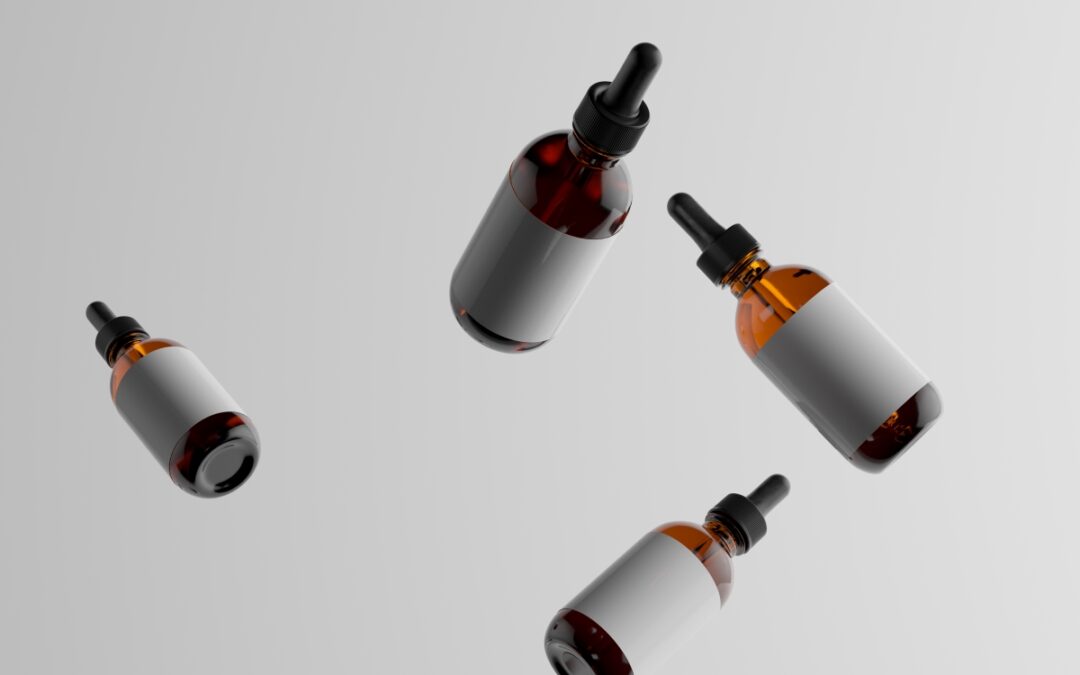The demand for CBD products is off the charts. Now that hemp extract is legal in North America, countless cultivators, manufacturers, and vendors are trying to ramp up their supply chains. Although finding CBD in cannabis-friendly stores is getting easier, companies are still struggling to produce enough CBD for consumers. Estimates suggest the CBD market will continue growing at a compound annual growth rate of at least 21% till 2028.
To meet the extreme demand for CBD items, many hemp brands outsource their manufacturing through a standard practice called “white labeling.” However, many businesses are opting for “private label” services. Although private-label and white-label CBD have some similarities, there’s a crucial distinction to keep in mind before choosing between these items.
What Does “Private Label” Mean For CBD Products?
The best way to describe private-label CBD is to contrast it with white-label goods. In private and white-label arrangements, hemp brands work with third-party manufacturers and extractors to produce their products. Under the terms of these agreements, CBD companies can put their “label” on the hemp-extracted oils, topicals, or gummies. This is the same business model that allows supermarkets to put their brands on generic items like cereals, loaves of bread, and canned goods.
The significant difference between white-label and private-label CBD is that the latter has unique manufacturing procedures. Put another way, a private-label hemp brand can dictate specific requirements to its partner manufacturer. So, if a company offers private-label CBD oils, their formulations are distinct from competing brands.
White-label manufacturers and extractors don’t need to follow brand-specific guidelines when making their CBD products. Although everyone in the supply chain needs to meet the legal requirements for hemp production, brands can’t request special features in their products. For this reason, multiple hemp companies could use the same white-label products even though they have different brand tags.
From a CBD brand’s perspective, white-label arrangements tend to be cheaper and more easily accessible. However, it’s less likely white label products will drive significant customer loyalty. Since it’s possible to find similar white-label products from dozens of other brands, there’s nothing tying a customer to a specific CBD product. By contrast, the proprietary formulas in private-label CBD are only attached to one brand. Therefore, if people enjoy their experience with a private-label CBD oil, they can only get this product from that company.
Is It Better To Buy Private-Label CBD Oils?
Since private-label CBD oils are exclusive to each brand, they often carry a premium in the hemp market. It’s common for customers to assume that private-label CBD oils are of “superior quality” versus white-label goods.
However, it’s not necessarily the case that private-label CBD is a “better buy” versus white-label goods. Similar to comparing name-brand vs. generic grocery items, it can be challenging to distinguish private vs. white-label CBD. Unless a customer experiences noticeable results with a private-label formula, there’s no reason to assume private-label products are inherently better. New CBD customers should test multiple lab-verified hemp brands to see what oils give them their desired results.

